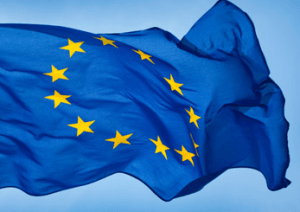EU EOM presents recommendations to improve Ghana’s future electoral processes
 The European Union (EU) Election Observation Mission to Ghana (EU EOM)on Tuesday presented its observations and recommendation on Ghana’s 2020 Presidential and Parliamentary Elections.
The European Union (EU) Election Observation Mission to Ghana (EU EOM)on Tuesday presented its observations and recommendation on Ghana’s 2020 Presidential and Parliamentary Elections.
The Mission returned to Ghana to present a report gathered during the observation of the elections to Ghana’s Authorities and discuss with stakeholders, the proposed reforms contained in it.
Following an invitation by Ghanaian authorities, the EU deployed an EU EOM to Ghana between October 31 and December 30, 2020. In total, the Mission comprised 80 observers from EU member states as well as Norway, Switzerland and Canada.
The Mission’s mandate was to assess the electoral process against international obligations and commitments for democratic elections as well as the laws of Ghana.
At a news conference in Accra on Tuesday, Chief Observer Javier Nart, a Member of the European Parliament from Spain, said the elections were efficiently organised, competitive, saw voters participating freely in large numbers, and that the process successfully met a range of international standards.
He said the overall conduct of voting was assessed positively in 95 per cent of polling stations observed.
However, shortcomings already identified by previous EU election observation missions remained such as the misuse of state resources, the abuse of incumbency, vote-buying and unregulated campaign finances, which resulted in an uneven playing field.
The Mission, therefore, recommended that procedures for presiding and returning officers and regional collation officers be stipulated on how to proceed in cases of irregularities during the counting and collation process, including over-voting, mismatched reconciliation, incomplete and wrongly filled in result forms.
It also suggested that the Electoral Commission published on its website, detailed polling station results for all elections, as well as detailed results from all levels of collation well before the deadline for filing petitions against results.
The Mission further advised that the country enacted and implemented an Affirmative Action Law installing at least a 30 per cent quota of women in governance and decision-making positions, with a progressive increase to a parity of 50 per cent.
This would require political parties to adopt party quotas to promote women’s participation in politics.
Source: GNA
